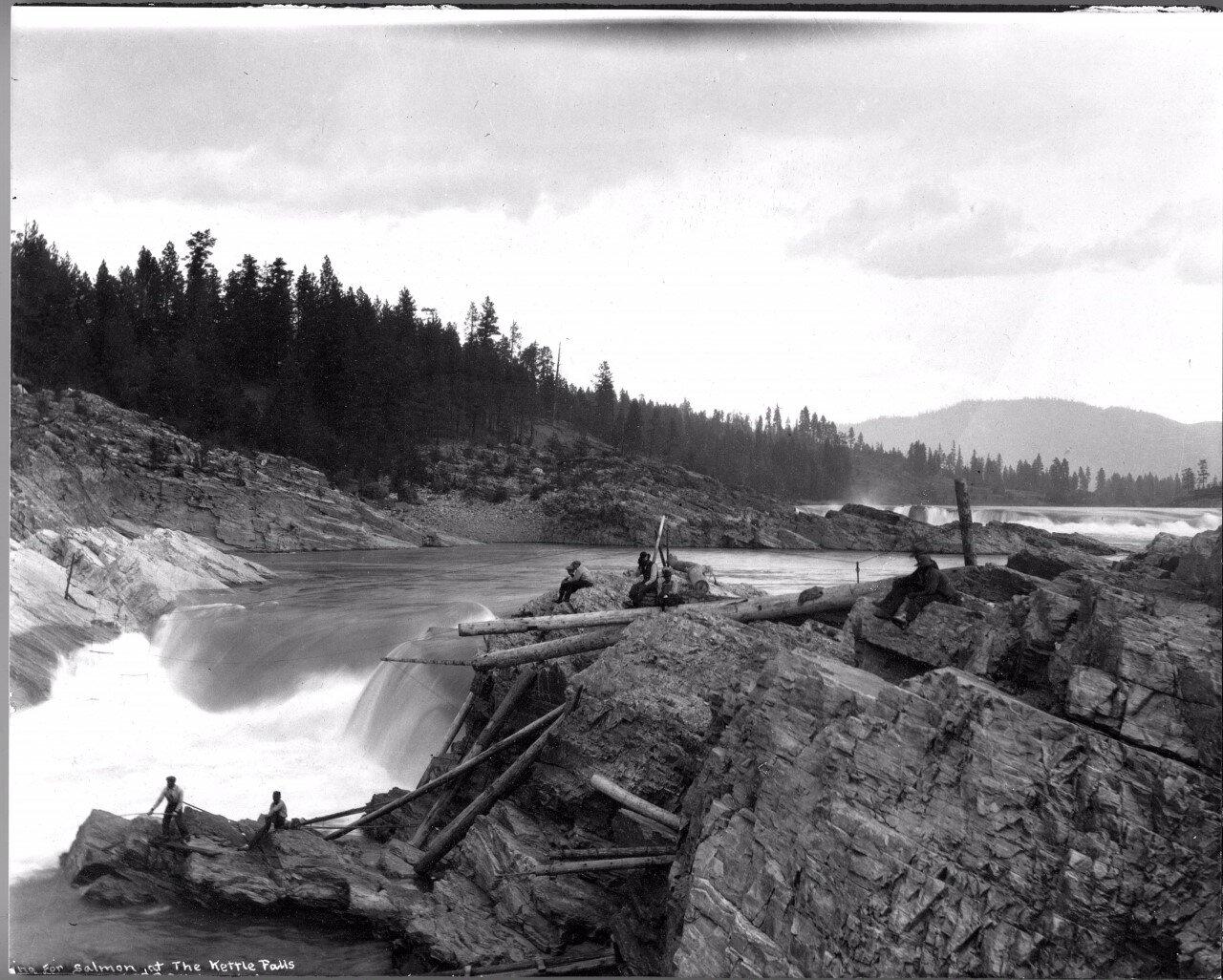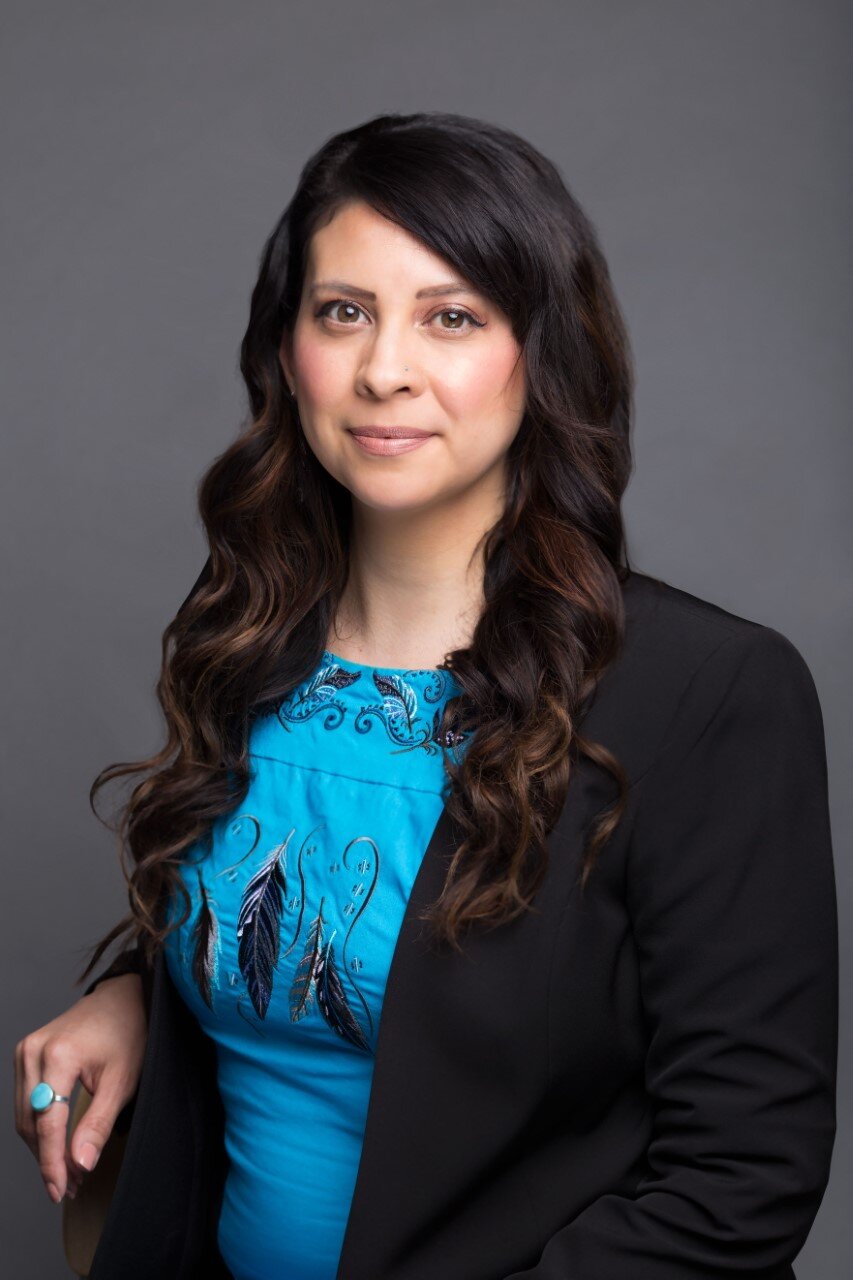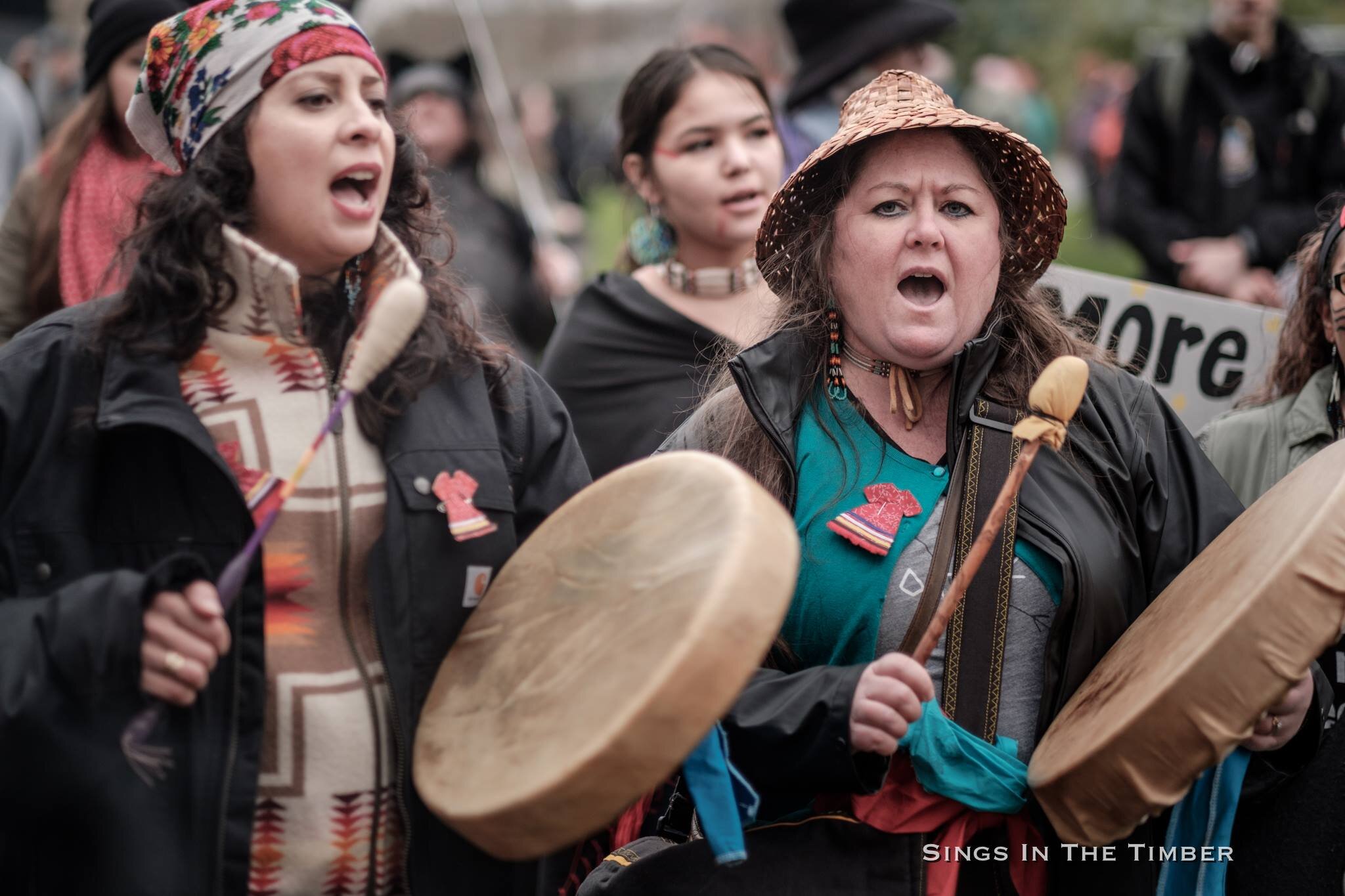Glenda Breiler brings the values of canoe journey to her state legislature bid
What if Grand Coulee Dam were built today? Would groups of Native people hold rallies to stop it, block roads going to the construction site, set up protection camps around it? You bet they would.
“Grand Coulee Dam was built on my tribe’s land,” Glenda Breiler, who’s running as a progressive democrat for the 22nd District seat in the Washington State House of Representatives, said in a recent interview. “It's the largest hydroelectric project in the United States. The construction of the Grand Coulee dam flooded an entire area and cut salmon off from spawning upstream.”
In 1940, as the massive 550-foot-tall dam neared completion, the Confederated Tribes of the Colville Reservation held a three-day gathering to mourn the loss of an important fishing site called Kettle Falls. Eight other tribes also came. Some estimates say as many as 10,000 Native people attended.
They danced and sang, prayed and cried, told stories and said goodbye to the salmon who had fed them for thousands of years. The event became known as the “Ceremony of Tears.” Within three weeks, the Kettle Falls area was completely submerged under Lake Roosevelt, the artificial reservoir behind the dam.
Now, 80 years later, Colville member Glenda Breiler has made the protection of Pacific Northwest waters the focus of her campaign.
“That was the main reason I decided to run,” Breiler explained, “environmental protection and sustainability for the next seven generations, especially now that I have a son, Skyler, who’s almost two years old.”
A political platform born from canoe culture
Breiler spent half her life on the eastern side of the Cascade Mountains, half on the west. She grew up on the Colville Reservation and is a member of the Okanogan Band.
“Both of my parents are Colville tribal members and my family has lived in that area for thousands of years right on the lakes and the rivers,” she said.
Breiler earned a bachelor's degree in human services and Native Studies from Western Washington University and a masters in social work from the University of Washington.
But a key turning point came in 2014 when she joined the Puyallup Canoe Family on the canoe journey “Paddle to Bella Bella.”
“It was so impactful and that really changed my life in a deep way, feeling even more connected to the water through the canoe. I travel almost every year on canoe journey now,” she explained.
After getting close to the water in a canoe the way her ancestors had for millennia, Breiler saw clearly the time had come to make real changes in the world before the ecosystems collapse.
“I’ve traveled the waters,” she said, “the Salish Sea, the Columbia River, even into BC going to Bella Bella and heard from tribal people, community members, about the impacts on the water.”
Talking and listening to other Native people led her down another path, one of research.
Photos L-R: Glenda Breiler and her son Skyler, “Fishing for salmon at Kettle Falls.” Photo taken before 1940, after which this prime Native fishery on the Columbia River was submerged after completion of the Grand Coulee Dam. (Washington State digital archives), Glenda Brelier, Glenda at MMIW rally in Seattle, WA.
Research as medicine
In 2009 Breiler began working for the Indigenous Wellness Research Institute at the University of Washington as a Research Coordinator. She contributed to several studies regarding problems in Native communities.
One in particular, called “They Gave Me Life,” centered around pregnant Native women with substance abuse problems and how motherhood often became a powerful motivation for them to get clean.
One of the respondents said during an in-depth interview, “I gave my child life, but they gave me my life back. They’re the reason why I decided to quit using.”
The study showed motherhood is an often underused factor in the treatment of pregnant Native women with addiction problems. Also, culturally-based traditional healing practices such as the sweat lodge, powwows and canoe journeys are often effective treatment adjuncts.
It is this blending of modern practices and timeless tradition that brought Breiler back full circle.
Return to Kettle Falls
In 2016, Breiler took the teachings she’d learned with the Puyallup Canoe Family on the Paddle to Bella Bella back across the mountains to the Colville Reservation where she helped organize the first Eastern Washington Native Canoe Journey, the Paddle to Kettle Falls.
Five tribes participated, each beginning from a different location and converging at the town of Kettle Falls, near where the actual falls once existed. But this time, instead of mourning and sadness, there was joy. It became a yearly event.
The canoe culture that existed within the Okanagan people for thousands of years was now restored. Breiler was an important part of that restoration.
“I’ve heard people say we’re just like babies to canoe culture, and for the current generation that’s true. But I was able to help bring some of the old teachings back in 2016.”
Bringing canoe culture to the state legislature
As director of the Evergreen Longhouse at Evergreen State College, Breiler now lives in Olympia. When Breiler was approached to run for the open seat in the 22nd Legislative District in Thurston County, she thought about it and decided to combine the timeless traditions she had learned from her family and from the canoe journeys with the modern administrative, academic and investigative skills she learned doing research.
She credits Native women mentors like Karina Walters (Choctaw) and Tessa Evans-Campbell (Snohomish) of the Indigenous Wellness Research Institute with helping guide her development as a Native leader.
She says the four main issues of her campaign platform are 1) access to and sustainability of clean water, 2) education accessibility, 3) affordable housing, and 4) protection of women’s rights.
After suffering generations of violence, disease and forced assimilation, the Colville tribes back in the 1930s were in no position to stand up to the construction of the monstrous Grand Coulee Dam. But nothing like that will ever happen again. People like this modern Native mother and warrior won’t let it.
For more information on Glenda Brelier go here
Frank Hopper is a Tlingit freelance writer, born in Juneau, Alaska. He is currently working on Native news video segments for the Last Real Indians YouTube channel.



